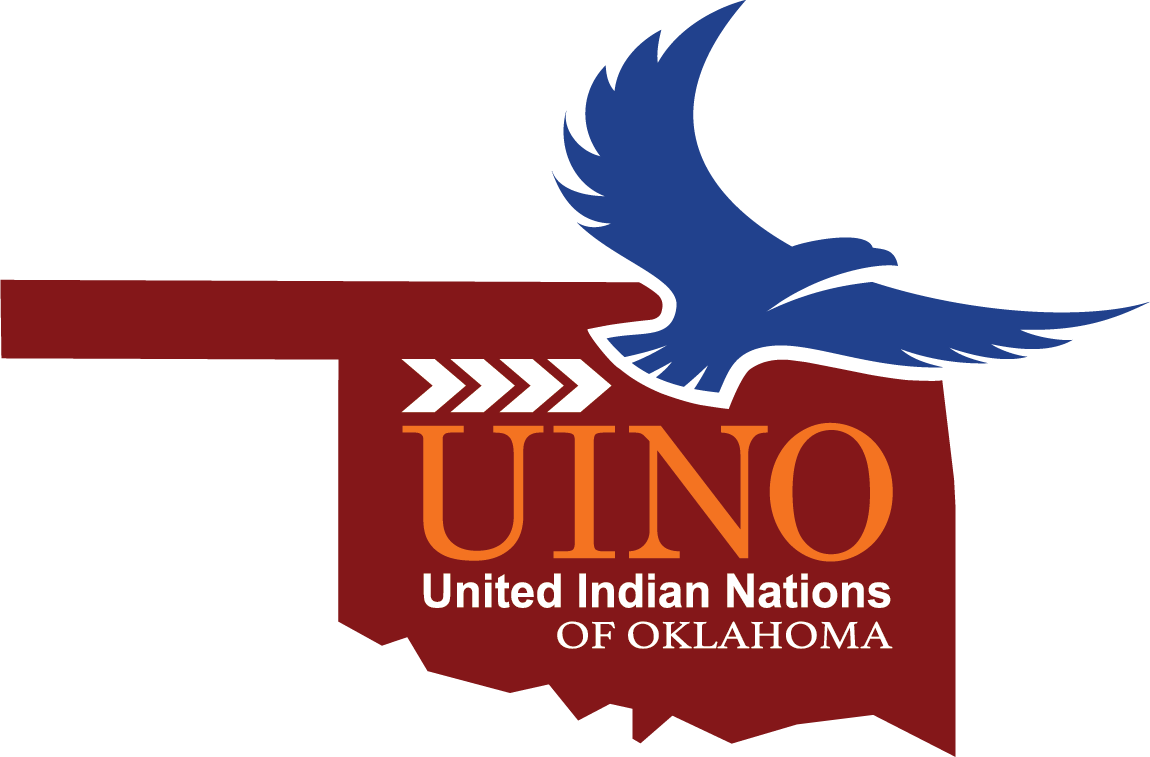Tribal, state, and national leaders will gather in Oklahoma City on Thursday, Nov. 6, for the annual meeting of the United Indian Nations of Oklahoma (UINO), where they will address key issues affecting Tribal Nations across the state and beyond.

The meeting will take place from 8 a.m. to 4 p.m. at the Cheyenne and Arapaho Tribes’ Service Center, located at 4400 SW 21st St. in Oklahoma City. A continental breakfast will begin at 8 a.m.
This year’s agenda includes discussions on the impact of the ongoing federal government shutdown on Tribal Nations, as well as topics such as Tribal taxation, gaming, Missing and Murdered Indigenous People (MMIP), Tribal sovereignty, health care, and national advocacy priorities.
National leaders scheduled to attend include Mark Macarro, president of the National Congress of American Indians and chairman of the Pechanga Band of Indians, and David Bean, chairman of the Indian Gaming Association and a member of the Puyallup Tribe.
Oklahoma Attorney General Gentner Drummond is expected to represent the state, alongside several Tribal leaders from across Oklahoma.
Cheyenne and Arapaho Tribes Governor Reggie Wassana and Lt. Governor Herschel Gorham will serve as hosts. Other scheduled speakers include Delaware Nation Councilwoman Deborah Dotson, Muscogee Nation Chief David Hill, Shawnee Chief Ben Barnes, Wichita and Affiliated Tribes Vice President Tasha Mousseau, and Wyandotte Nation Second Chief Norman Hildebrand.
The agenda and list of speakers are subject to change, according to UINO officials.
For more information about the meeting or to view the full agenda, visit [UINO’s website/contact info if available].
More Stories Like This
50 Years of Self-Determination: How a Landmark Act Empowered Tribal Sovereignty and Transformed Federal-Tribal RelationsTreasury Finalizes Tribal Tax Rules Ending Decades of Uncertainty
Finalized Tax Rules Seen as Historic Win for Tribal Economies
Cherokee Nation Launches Digital Dictionary to Support Language Revitalization
Prairie Band Potawatomi Nation Chairman Addresses Homeland Security Contract
Help us defend tribal sovereignty.
At Native News Online, our mission is rooted in telling the stories that strengthen sovereignty and uplift Indigenous voices — not just at year’s end, but every single day.
Because of your generosity last year, we were able to keep our reporters on the ground in tribal communities, at national gatherings and in the halls of Congress — covering the issues that matter most to Indian Country: sovereignty, culture, education, health and economic opportunity.
That support sustained us through a tough year in 2025. Now, as we look to the year ahead, we need your help right now to ensure warrior journalism remains strong — reporting that defends tribal sovereignty, amplifies Native truth, and holds power accountable.
 The stakes couldn't be higher. Your support keeps Native voices heard, Native stories told and Native sovereignty defended.
The stakes couldn't be higher. Your support keeps Native voices heard, Native stories told and Native sovereignty defended.
Stand with Warrior Journalism today.
Levi Rickert (Potawatomi), Editor & Publisher


